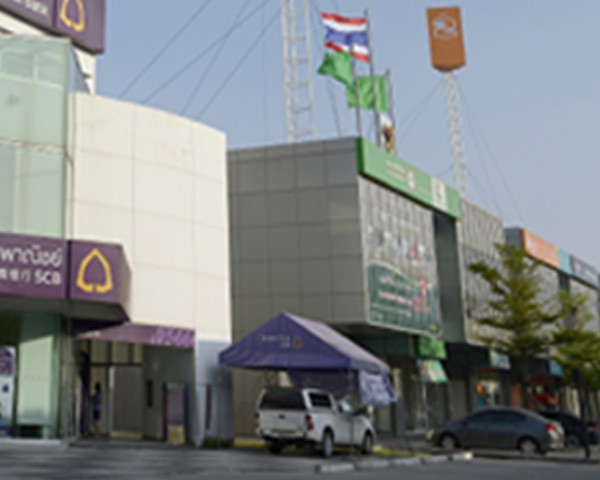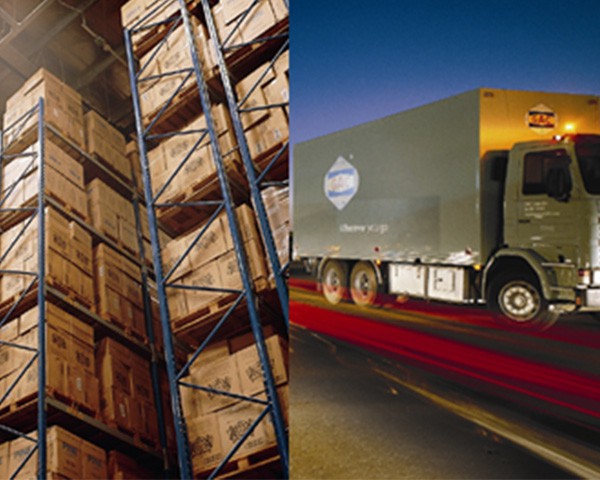Product Categories
Facilities & Environment

Initiatives from Amata
Amata's management team and its employees are serious about minimizing the impact made by company's operations on the environment. This is demonstrated by the recent ISO 14001 accreditation the company received from TUV Rheinland for its two industrial estates in Thailand.
The company has long had a 'zero-discharge' waste management program for waste water. Each day the company treats and reuses 74,700 cubic meters of waste water: 40% is used to water green areas, including the company's Amata Spring Country Club golf course; 30% is used at on-site power generating facilities operated by the joint-venture Amata B. Grimm Power Company; and 30% is recycled to be used as part of the regular water supply.
Each day 85 tons of solid waste is collected at Amata's waste transfer station. Seventy percent of this is burned to produce 1.5 MW of power each day; 20% is used as sanitary land fill; and the remaining 10% is recycled to be used once again.
Amata, through joint-ventures, subsidiaries and companies in which it holds shares, has also embarked upon a program to use technology to monitor and control lighting, watering and other items that utilize precious resources. The company looks forward to the day when it can determine precisely what resources are being used by checking a display board at a single point on an industrial estate.
Oversight from the Industrial Estates Authority of Thailand (IEAT)
Amata's activities are reviewed and monitored by IEAT, a government enterprise operating under the Ministry of Industry charged with the development and management of industrial estates. IEAT's mission is to develop land, infrastructure and facilities for business activities that support industrial manufacturers and service providers while maintaining sustainable growth. Simultaneously IEAT is also responsible for environmental development and safety to ensure the least possible impact on communities from industrial estate activities.
To achieve its goals for reducing environmental impact, a master plan was developed in 2010 with implementation targeted by 2019 to turn Thailand's industrial estates into 'eco industrial estates'. An integral part of this plan is a movement by IEAT to strengthen and broaden its regulations. IEAT's strategies focus on environmental and safety management and corporate social responsibility, including safety measure outlining and training. Public participation has been encouraged in order to ensure operational transparency.
.







